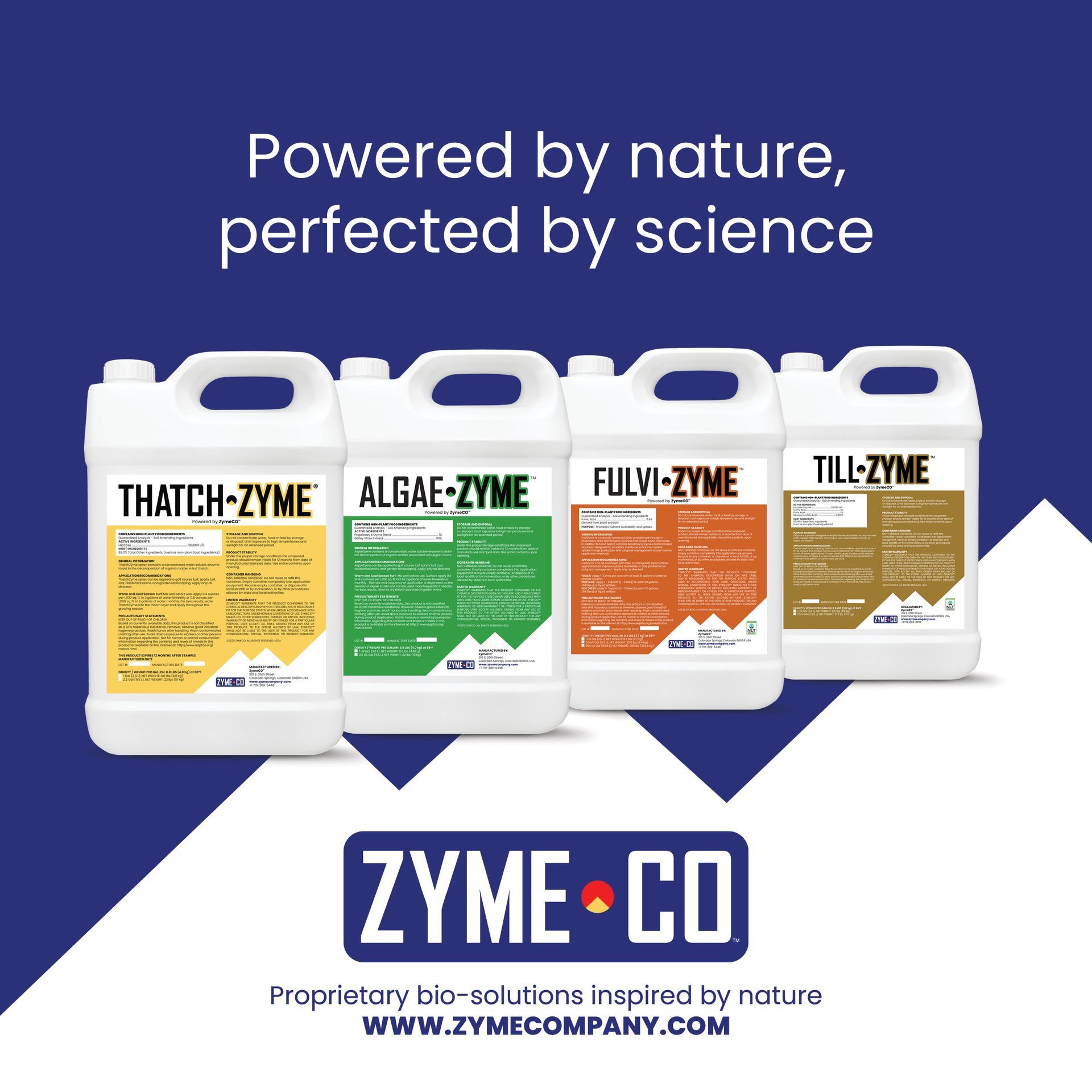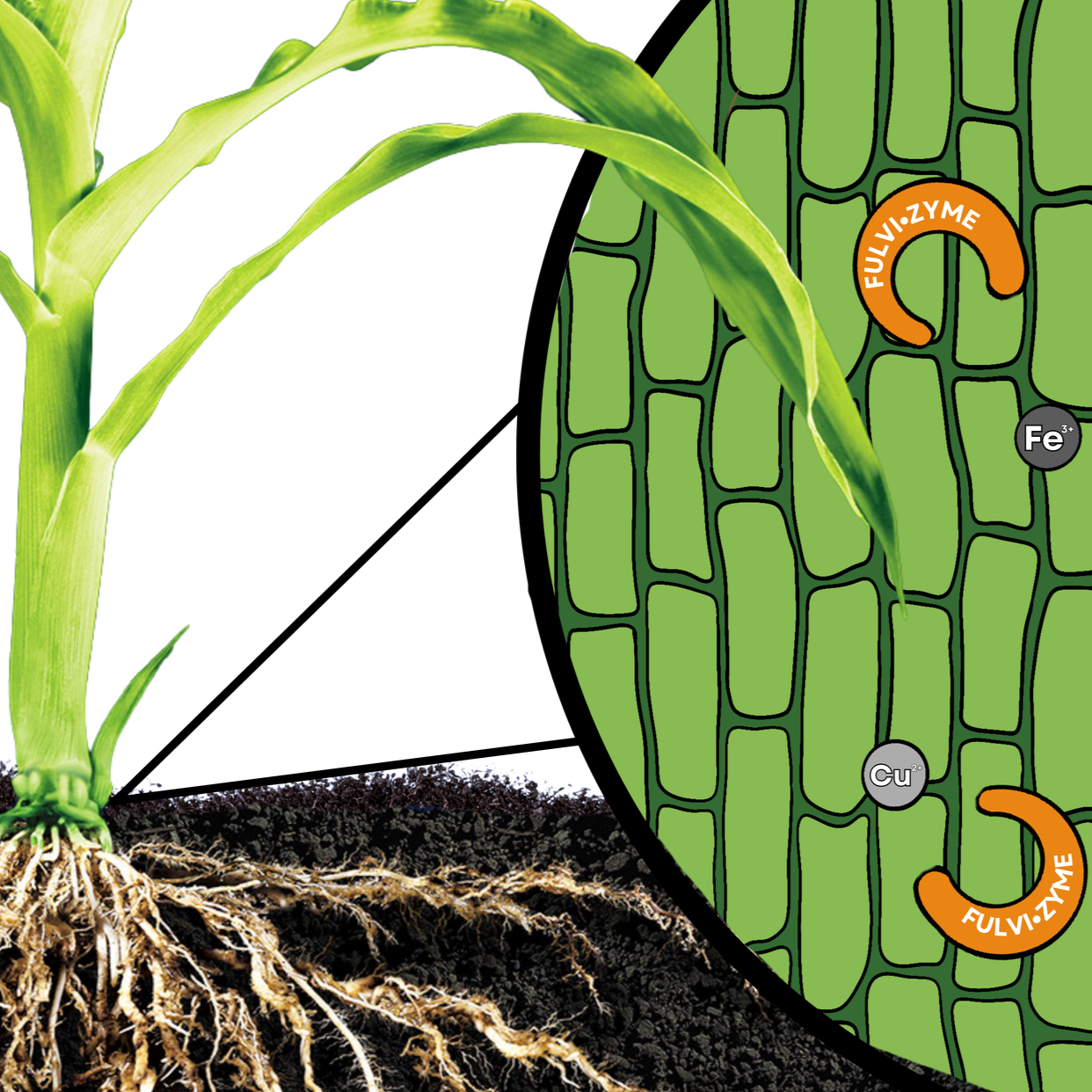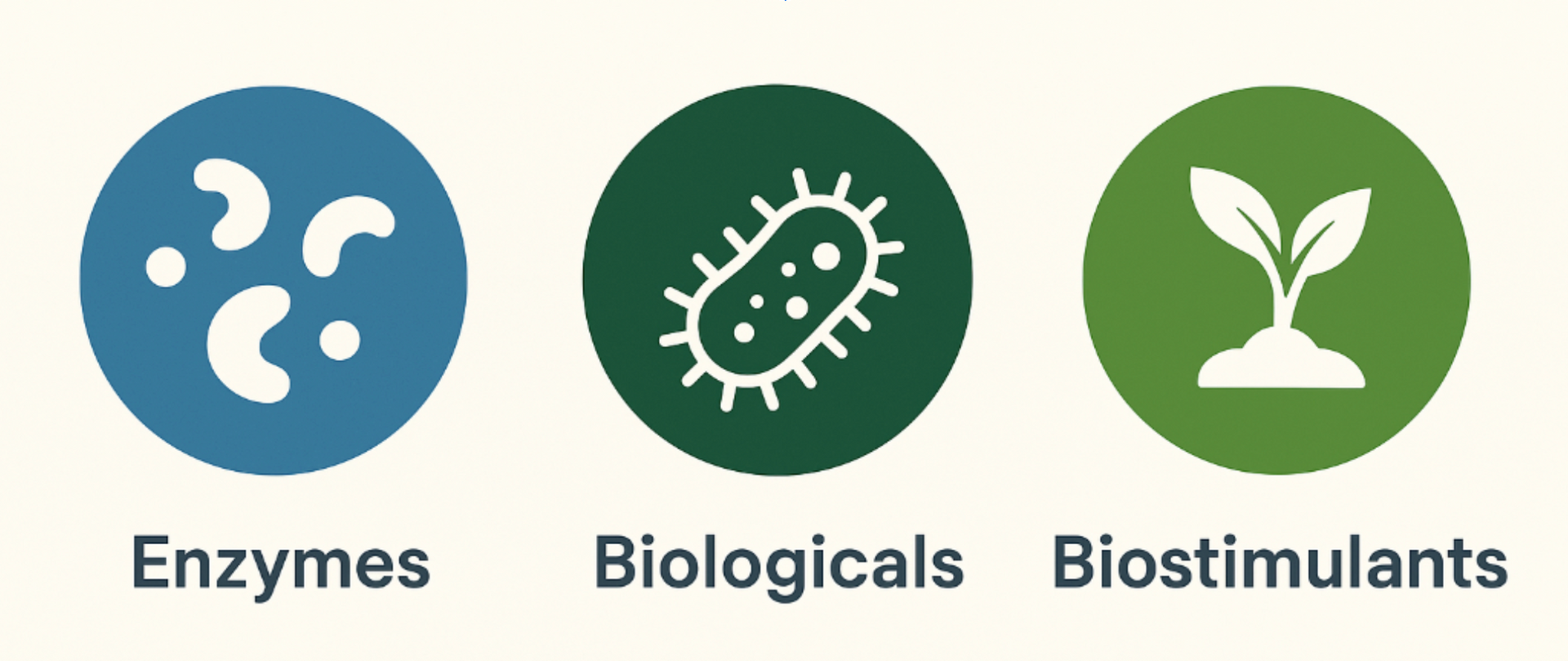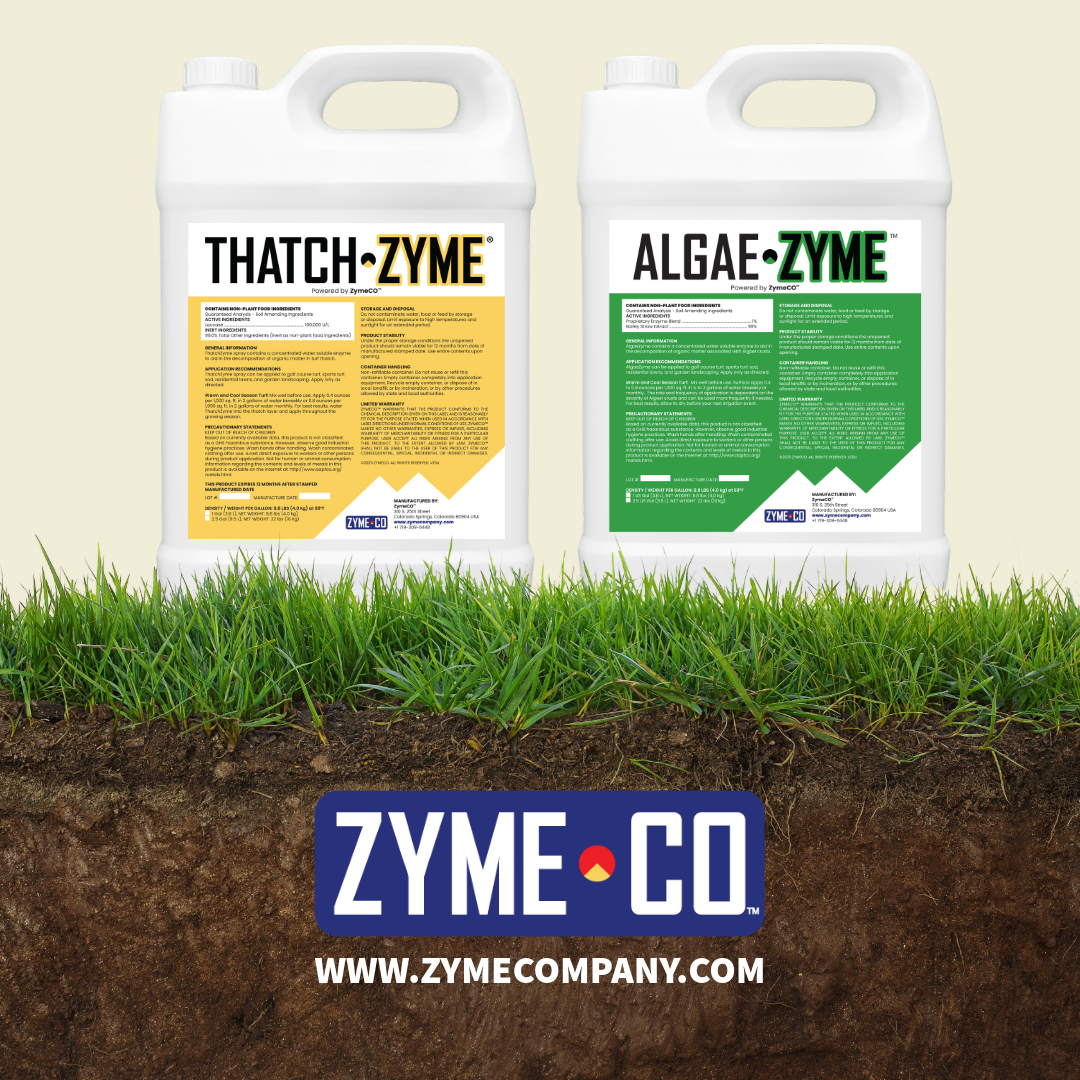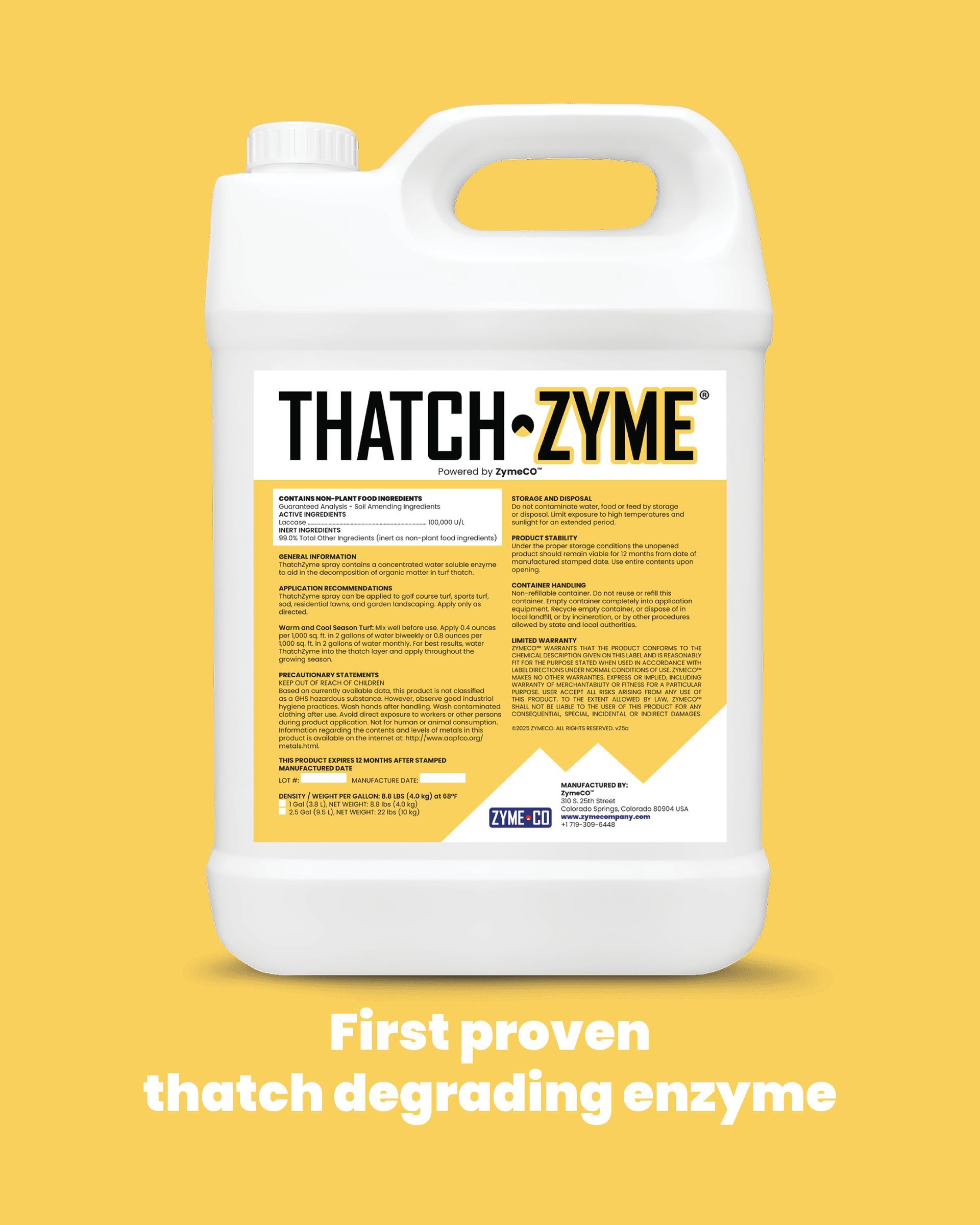Not all enzymes are the same and where they come from makes a big difference. At ZymeCO, our laccase enzyme is derived from white rot fungi because they are more potent and stable. This means our enzymes are more effective at breaking down thatch and crop residue.
Here’s why our fungal laccases are the go-to solution for organic matter management.
1. Fungi Break Down Tough Stuff
Fungi are nature’s clean-up crew. They specialize in breaking down organic material like tree stumps, leaf litter, and turning over organic matter in the soil. That’s what makes fungal enzymes perfect for:
- Managing thatch layers
- Breaking down crop stubble
- Releasing tied-up nutrients in the soil
They do the hard work that bacteria often can’t handle as well.
2. They Handle Harsh Conditions
Our fungal laccase enzymes are more stable in different temperatures and pH levels due to our proprietary stabilization technology. Whether they’re sitting in a jug or being sprayed in the field, they keep working. This leads to:
- Longer shelf life
- Reliable results
- Less risk of breakdown
You can trust our enzymes to work when conditions aren’t perfect.
3. They Work Well with Other Products
Enzymes are a great match with biologicals and biostimulants. Enzymes help break things down. Biologicals help rebuild soil life. Biostimulants support plant health. Together, they:
- Speed up nutrient cycling
- Improve root development
- Strengthen your overall program
Fungal enzymes act fast and give your other tools a boost.
4. They’re Targeted and Powerful
Enzymes are complex and precise. Each one is made to do a specific job. This means:
- Faster action
- More predictable results
- Better return on investment
They don’t just work — they work smart. Our fungal enzymes are tough, efficient, and proven to perform in the field.




